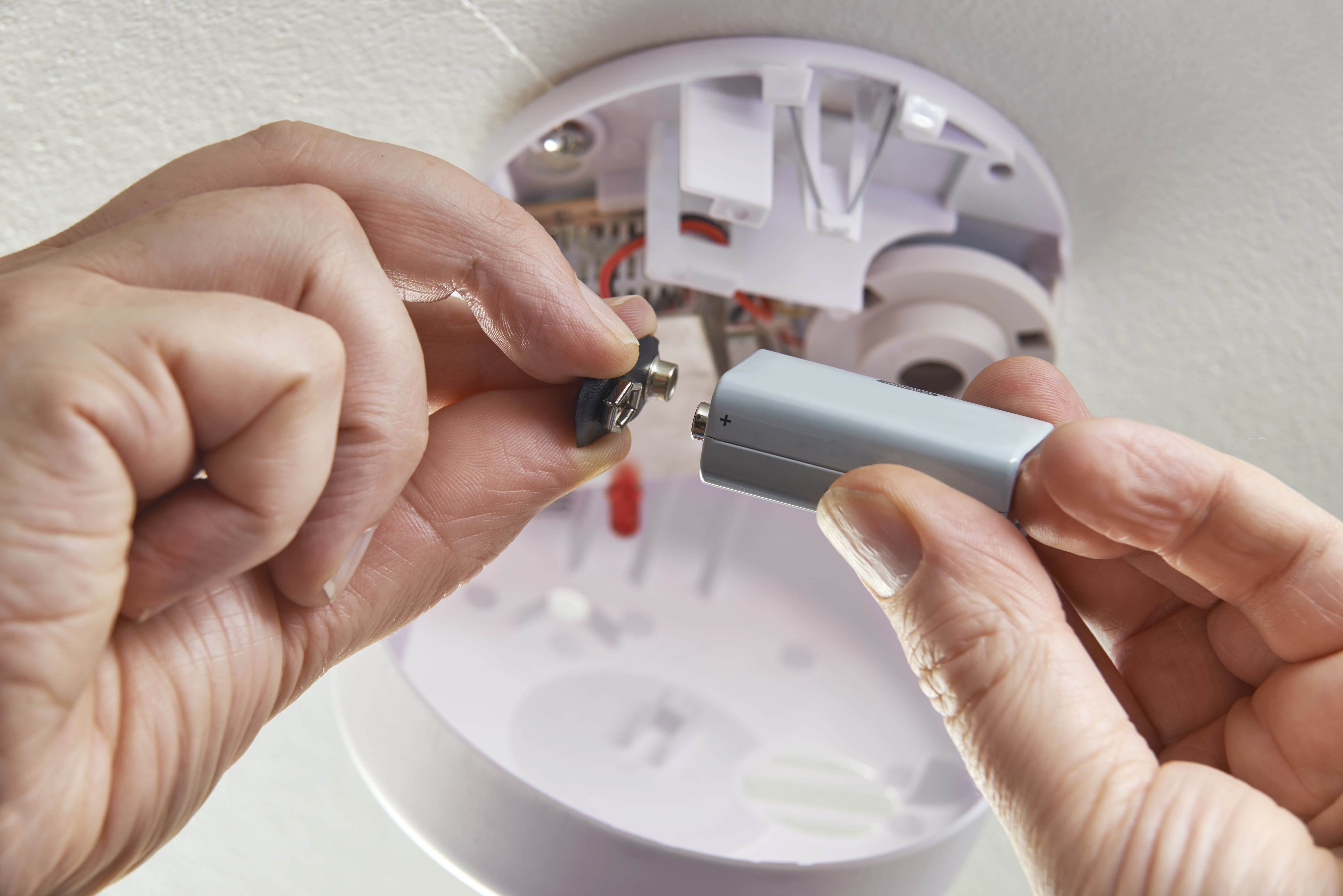
Just search the Internet for smoke alarm news, and you'll see headline after headline reminding us of their virtue when present or the heartbreak when not.
"Lifesaving devices: UA family saved by functioning smoke alarms ..."
"Smoke alarms, son saves family with 8 kids as fire destroys home"
"Children killed in fatal fires with no smoke alarms"
"No Smoke Alarms Found in San Jose Apartment Where Fire Killed ..."
According to USFA (U.S, Fire Administration), over 80% of all fire deaths in the United States take place in our homes. And this is despite the proliferation of smoke detectors over the last four decades. As a matter of fact, NFPA reports in "Smoke Alarms in U.S. Home Fires", that up to 97% of the homes in this country has at least one smoke alarm. But that still leaves almost five million households without a single smoke alarm.
The argument for having smoke alarms in every home is overwhelming too.
"Every year in the United States, about 2,000 people lose their lives in residential fires. In a fire, smoke and deadly gases tend to spread farther and faster than heat. That's one reason why most fire victims die from inhalation of smoke and toxic gases, not from burns. A majority of fatal fires happen when families are asleep because occupants are unaware of the fire until there is not adequate time to escape. A smoke alarm stands guard around the clock, and when it first senses smoke, it sounds a shrill alarm. This often allows a family the precious, but limited, time needed to escape."1
What's more, three out of every five home fire deaths are a result of the home not having a smoke alarm or having one that doesn't work. That means the death rate in homes with fire alarms is about half that of those without them or those with non-working units. And of the home fires with non-working units, almost a quarter of the units failed due to dead batteries!
As a result, many AHJs are pushing for legislation that requires hard-wired smoke alarms in all new construction.
"In the 2011 American Housing Survey (AHS), three out of five (61%) respondents who reported having smoke alarms said their alarms were powered by batteries only, one-third (33%) said their alarms were powered by electricity and batteries, and 7% had alarms powered by electricity only. For many years, NFPA 101®, Life Safety Code and other codes have required smoke alarms in new construction to be hardwired with battery backup."2
Unfortunately, studies have found battery-operated (DC only) in 30% of homes that were less than five years old. And with a death rate of two and one-half times higher in fires with battery-powered smoke alarms vs. fires with hard-wired smoke alarms, it's obvious that codes, like NFPA 101, need to be adopted and enforced to have any effect.
1 Smoke Alarms – Why, Where, and Which? CPSC. https://www.cpsc.gov/s3fs-public/SmokeAlarmWhyWhereandWhichCPSCPub559RevisedJuly2016PostReview.pdf.
2 Smoke Alarms In U.S. Home Fires. NFPA. http://www.nfpa.org/news-and-research/fire-statistics-and-reports/fire-statistics/fire-safety-equipment/smoke-alarms-in-us-home-fires.





